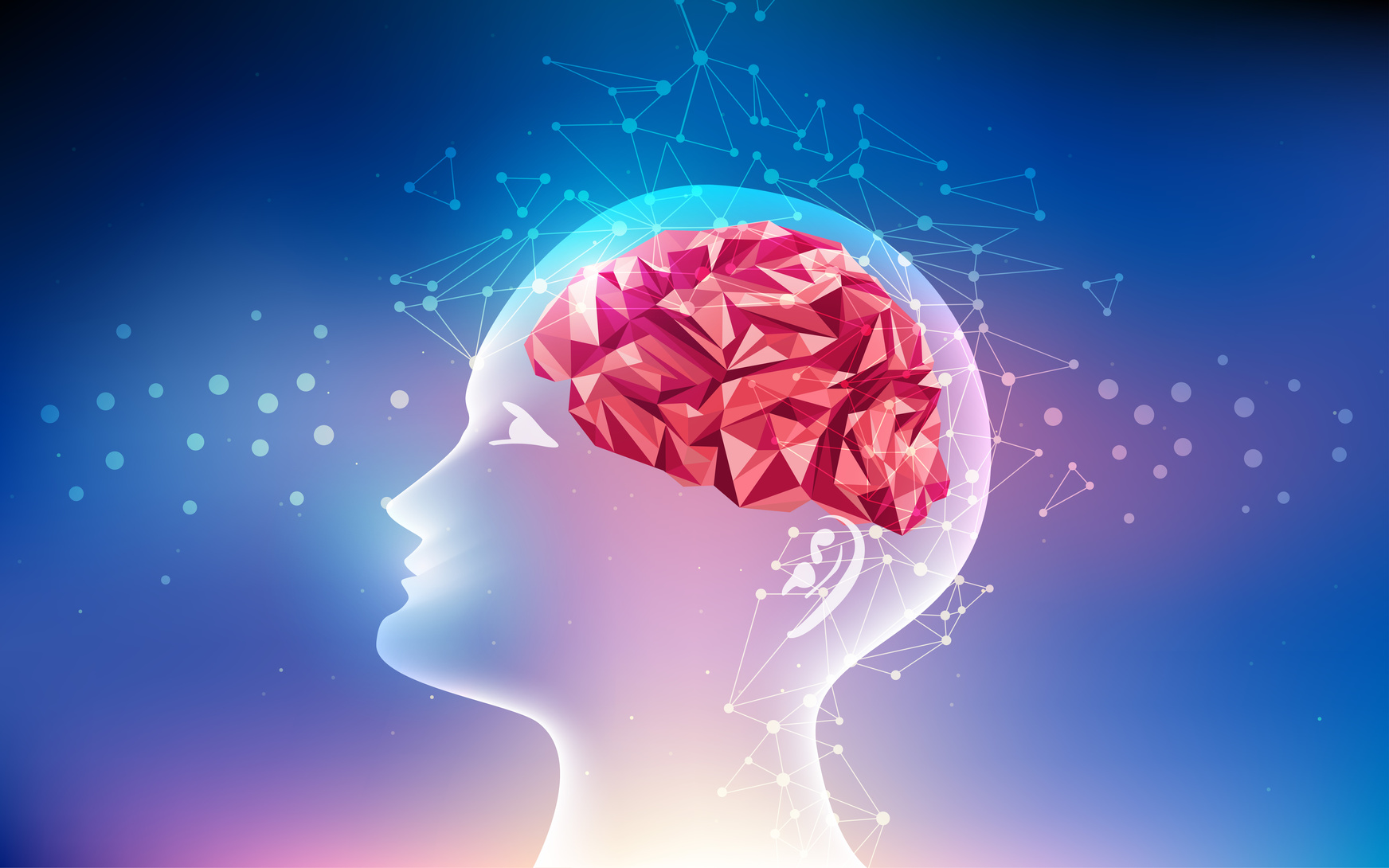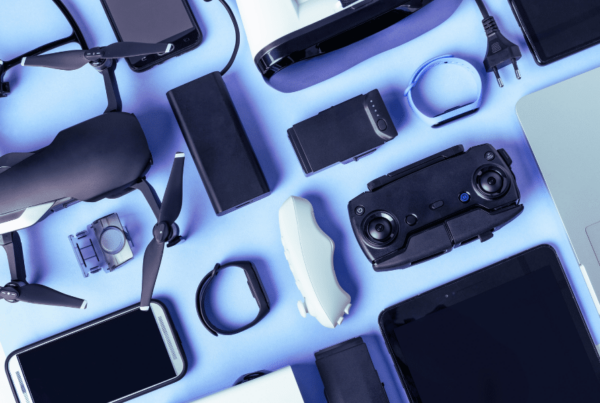At a British Library seminar on tech trends run by Thomas Jeffs (Lucidica’s CTO), he said that at some point technology will be developing so rapidly that keeping up with it will be impossible unless ‘we merge with it’.
The more you think about it, the more you’ll see it around you. Technology is such a big part of our lives and we’re so reliant on it, that going to bed without your phone is becoming unheard of, and going to a place with no WiFi is practically unimaginable. But it goes way beyond that – we’re talking tech incorporated in various gadgets and items that you wouldn’t think go together.
Whether this is a good or bad thing depends on your perspective, but the thing is tech is becoming smarter and by doing so, it infiltrates aspects of our daily life that were sci-fi in 1980s.
The fashion industry, for instance, is embracing tech – dresses that become transparent and can make cocktails, clothing that shows your feelings, shoes that vacuum clean, or a ring that can unlocks doors, transfers data and uses apps.
And these aren’t all just cool gimmicks, they offer something else – knowledge, personalisation and the chance to contribute to your daily life based on that information.
What about items that monitor your physical state and the internal processes in your body?
There’s already a bracelet and socks that track your body’s fitness (how many calories you’ve burnt, how many steps you’ve taken, how many kilometres you’ve run etc.). We’ve seen a WiFi tooth that can tell you how many calories you’ve eaten, whether you’ve been smoking and even how social you are; as well as a tattoo that tracks your chemical balance. These devices can sync with your phone, computer or tablet to map and process the information about you.
By monitoring your habits and your health, tech is becoming better at understanding who you are. But what if it could understand your mind too? And no, that’s not something far off in the future.
The tech giant IBM is currently working on creating neurosynaptic microchips – the future generation of micro processing that will be able to mirror (and work just as) the human brain and its complex mental functions – perception, action and cognition.
This could enable the usage of various computer functions in places and jobs where a smartphone/tablet/PC is currently impossible or impractical. And it will provide us with solutions for problems we have no idea that we have. Just think about the possibilities!
In a few years Googling on your waterproof phone while scuba diving might be something of the old days. Your smartwatch might be able to sensor the fish that just stung you and tell you not to worry, ‘it’s not poisonous’. Or if it is, tell you what to do or where the nearest place to get treatment is, and even call for help autonomously if you fall unconscious.

Tech is becoming much more efficient and a lot more like a human being gathering infinite data about you. This means that your devices will understand you better than anyone and will know exactly how dirty the floor in your bedroom is, how many cavities you’ve got or which pair of trousers you liked judging by the time you spent looking at them.
Where does the boundary between us and tech lie – do we as individuals draw it, do we willingly agree to be exploited by it in exchange for an ‘easy’ life or do we unknowingly succumb to merging with it?
And who will have access to that info –advertisers, the government, or strangers and how will it be used?
That remains yet unclear.
Lucidica is the IT support team for London businesses providing help for Mac, PC and anything with electricity running through it







